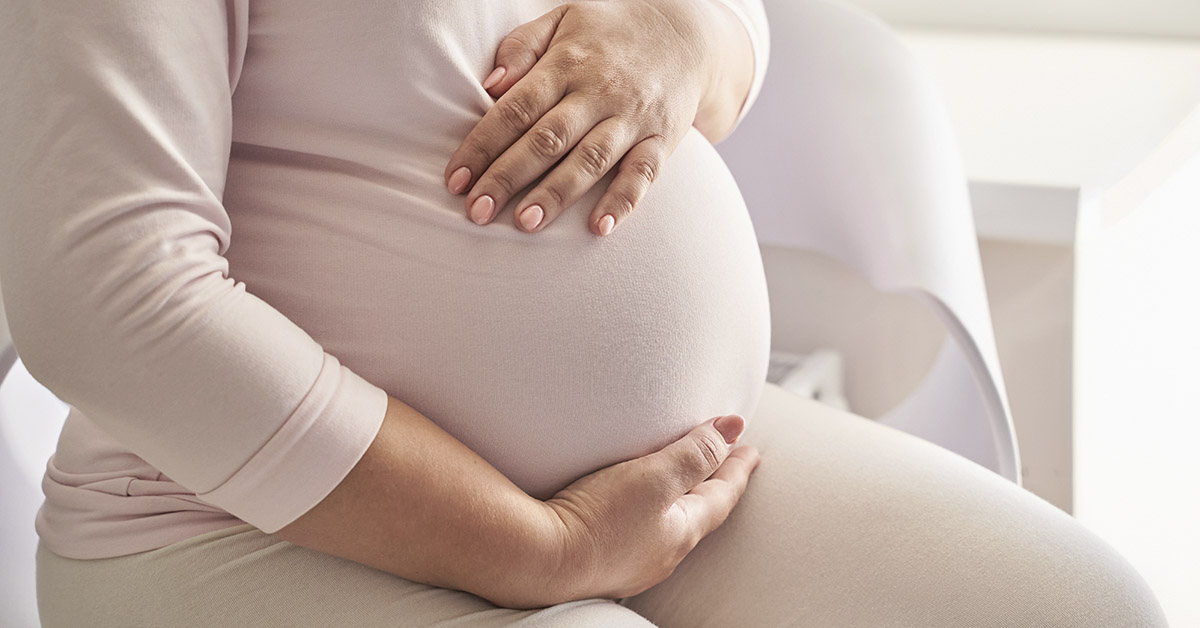Respiratory syncytial virus infection (RSV) is a common respiratory virus typically accompanied by cold-like, mild symptoms. However, infants and senior citizens are far more likely to develop severe symptoms and require hospitalization. It can also lead to more severe illnesses such as pneumonia and bronchiolitis. In fact, RSV is the most common cause of these illnesses in children under the age of one. Therefore, the NHS has started administering an RSV vaccine to pregnant women and older adults. They hope that this will help prevent thousands of beds from being taken up by babies and the elderly this winter.
The RSV Vaccine
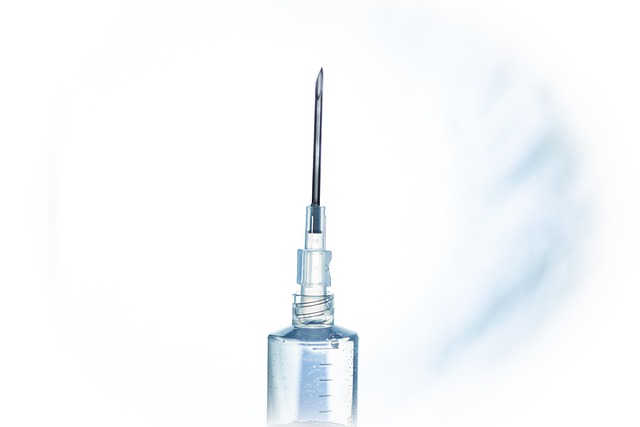
From the 1st of September 2024, pregnant women were offered the vaccine from 28 weeks of pregnancy onwards. This would help protect both themselves and their babies. Adults who turned 75 on or after the 1st of September were also offered a vaccination. According to the national director for vaccinations and screening at NHS England, Steve Russell, “Getting vaccinated is the best way you can protect yourself and those around you – and while RSV infections can occur all year round, cases usually peak in winter, so it’s important that those eligible take up the offer as soon as possible this autumn when offered by the NHS.”
The Risks Associated With RSV
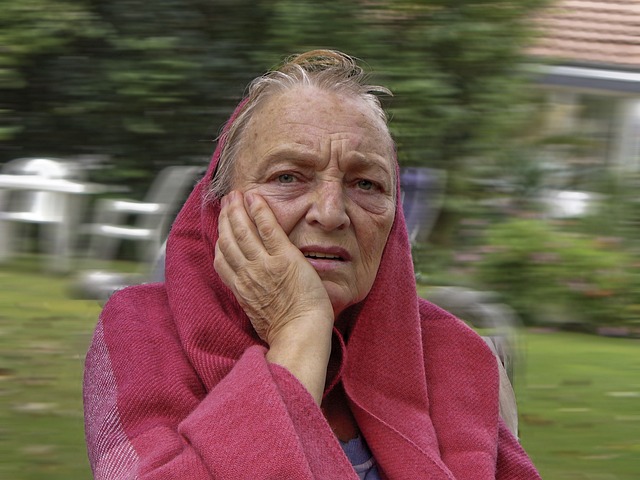
Respiratory syncytial virus infection can cause lung and respiratory tract infections that result in cold-like symptoms in older children and healthy adults. However, babies, premature infants, older adults, and individuals with weakened immune systems or lung and heart disease are at risk of developing severe illness if they have RSV. Around 146 young children were hospitalized every day at the peak of winter in 2023, an increase of 11% from 2022. “Vaccination is a vital means of protecting babies, women and families, as well as helping to manage increased pressures on NHS capacity during the winter period,” said the chief midwifery officer for NHS England, Kate Brintworth.
Read More: 8-Year-Old Girl Lives With Brain Damage After Being Kissed On The Mouth When She Was Only 2 Days Old
Anyone Can Be Affected

Even those working within the health ministry have seen firsthand what effect RSV can have on the vulnerable. Andrew Gwynne, the health minister, recently shared his family’s experience with the disease. His own grandson contracted the virus when he was only a few weeks old. This eventually developed into bronchiolitis, and he was put into an induced coma and placed in intensive care for two weeks. Mr Gwynne said that, “It was just heartbreaking watching this tiny, weeks-old baby just helpless on the machine.” Approximately 20,000 babies are hospitalized with RSV annually, with between 20 to 30 of them tragically passing away. However, it is entirely preventable.
The Importance of the RSV Vaccine
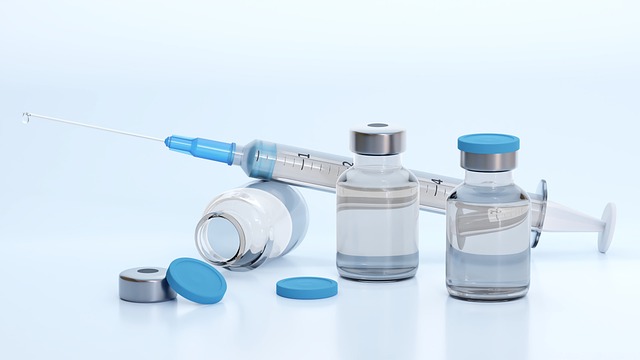
Mr Gwynne went on to stress why he felt the RSV vaccine was so important. “I don’t want any parent or grandparent to have to go through the trauma that we went through with our grandson with something that is entirely preventable, which RSV is,” he added. It is hoped that the vaccine will help ease the tremendous pressure on the NHS. By freeing up thousands of hospital beds, other patients with life-threatening diseases can be hospitalized and treated.
Dealing with the Burden of Conditions Caused by RSV
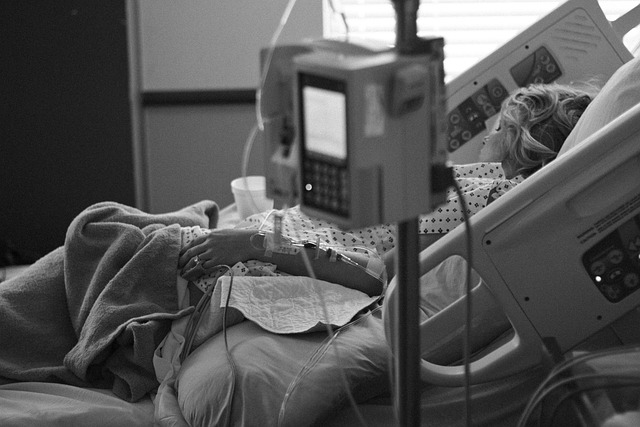
Approximately 9,000 older adults are hospitalized annually due to conditions such as pneumonia caused by RSV. However, if the RSV is preventable, then so is the resulting pneumonia. If just a small fraction of those cases could be prevented, it would open up more beds and ease some of the pressure on the national health system. The UK Health Security Agency (UKHSA) has urged everyone who is eligible for the RSV vaccine to get one, along with COVID-19 and flu vaccines.
Read More: Common Painkiller During Pregnancy Linked to Higher ADHD Risk in Children
Providing Critical Information
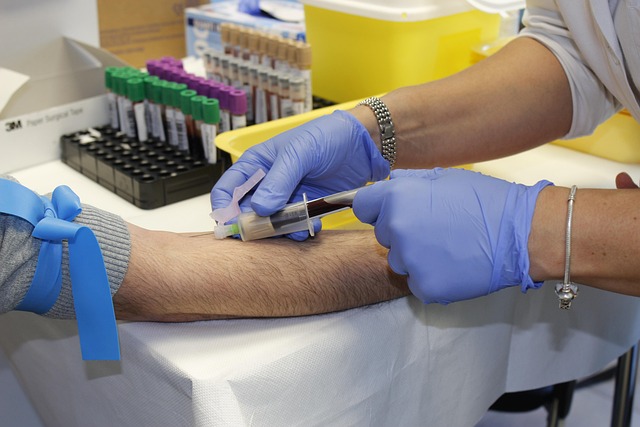
According to the chief executive of UKHSA, Professor Dame Jenny Harries, UKHSA has provided critical scientific information to evidence the benefits of a national RSV programme, and so the rollout of the vaccine is a truly positive moment for the public’s health.” The RSV vaccine will be of great benefit to the most vulnerable, helping to prevent the development of more severe conditions. Professor Harries added that, “it is the best way to protect yourself and those around you.”
Advice For Pregnant Women
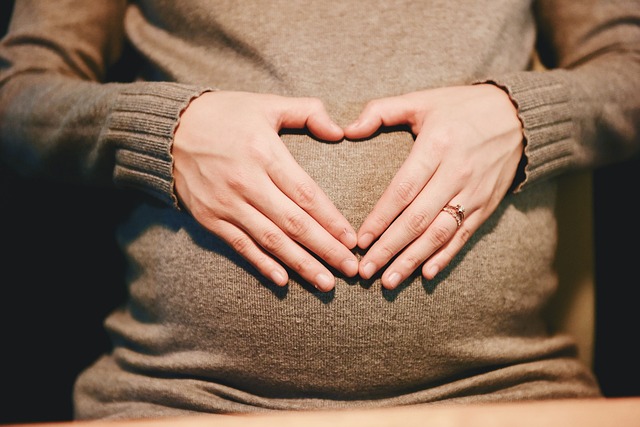
According to the CDC, pregnant women should receive one dose of the maternal RSV vaccine between weeks 32 and 36 of pregnancy. These vaccinations are provided between September and January throughout most of the United States. The protective properties of the maternal vaccine, which are passed from mother to baby, wane over time. The protection offered to the baby will last for their first RSV season, since the RSV vaccines are administered from September through January.
The Bottom Line
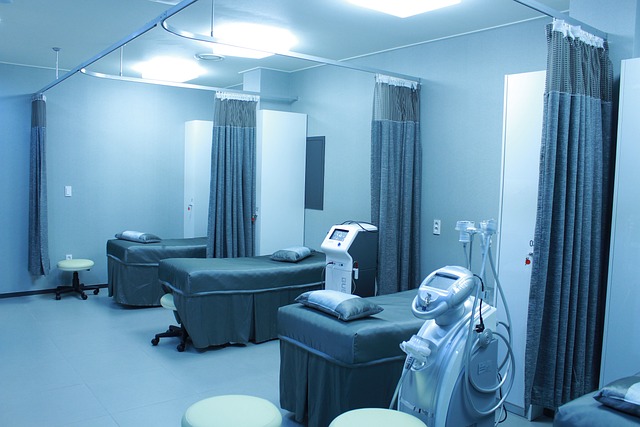
The annual rollout of this RSV vaccine offers vulnerable individuals, such as newborns and seniors, protection during the winter months. It can help prevent the development of more severe illnesses that typically require hospitalization. By doing so, more hospital beds will be available for people dealing with other life-threatening illnesses. An RSV vaccine remains the most effective way to protect your loved ones during the high-risk season.
